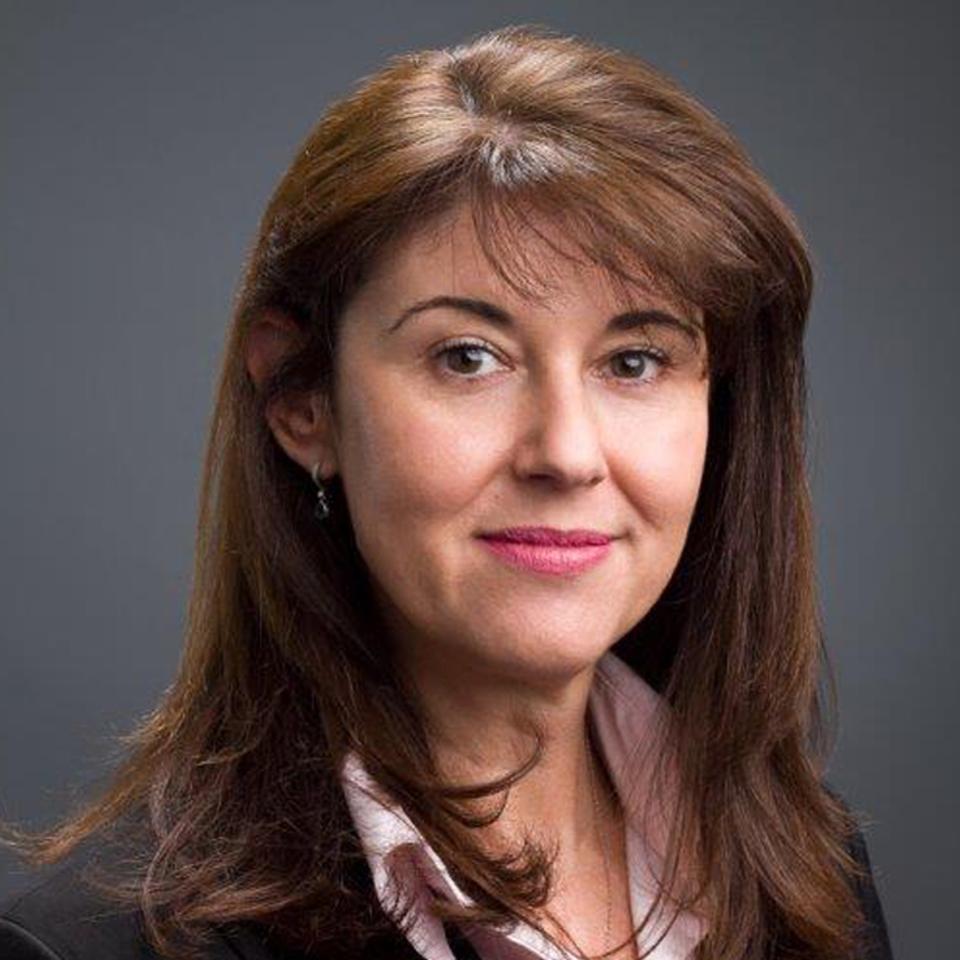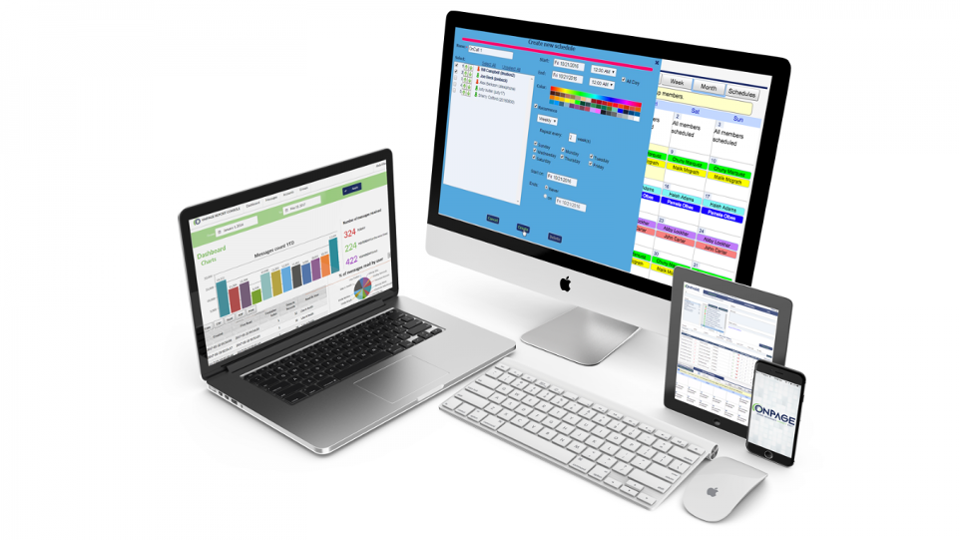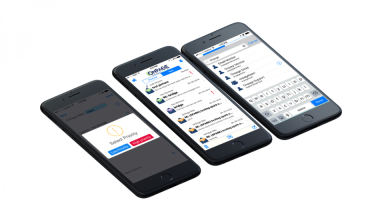
Did you get my message?
I fielded this common question just today, and my answer was “No. Message not received.” Fortunately, it was a small matter, easily resolved.
But what happens when it’s not a small matter and the critical communication doesn’t connect? What if a solution is urgently demanded, complex and/or time-consuming, and valuable time has been lost? What then?
Well, that can be costly, even catastrophic. That can be a matter of life and death.
Judit Sharon is the CEO of OnPage Corporation which provides a critical messaging and incident alert management system—to ensure that critical messages are never missed. OnPage is a market leader, but it’s been a voyage of discovery to arrive at their current success.
It’s an important data point that 70% of all successful business end up with a plan different than they start out with. Flexibility is strength, as Sharon’s discovery-driven development of her business demonstrates.
She came onboard with OnPage as the CFO in 2009. OnPage was providing digital alerts for pagers. “As I went to more sales meetings and conferences and with investors, I saw in those meetings that customers wanted to try the product. They couldn’t try because you needed servers and infrastructure first. I thought, ‘Everyone is moving to a service, so everyone can touch and feel the product, and try it.’” She raised very little money and did a proof-of-concept; it worked well.

Healthcare was an obvious market; there are lots of emergency alerts in the healthcare industry. Like cameras and GPS devices, dedicated pagers were yielding the field to cellphones, which everyone now had in their pocket.
The surprise was that the bigger market was IT, where pagers were receiving alerts from monitoring services. OnPage didn’t abandon healthcare, but made a smart pivot to satisfy the appetite for IT monitoring systems to result in streamlined and timely responses to crises and abnormalities in processes. Everybody has IT, everybody has IT emergencies, everybody needs a secure and sure system for addressing those emergencies as rapidly and proactively as possible.
Sharon has been the CEO for seven plus years and a good model for smart businesses learning as they go, adapting to the feedback they receive. Sometimes we’re tempted to double down on “The Plan,” but it’s often a really bad idea.
Perhaps this is why Sharon cites Only the Paranoid Survive by Andy Grove as influential reading. He talks “about how things change with technology – you have to reinvent yourself always with the market. You always have to be moving forward.” Otherwise, says Sharon baldly, “you die.

Being discovery-driven promotes a successful personal life too, and often career and business opportunities are the outgrowth of a willingness to be adaptable in non-career endeavors. Sharon, for example, came to the U.S. for a six month vacation after finishing her compulsory service in the Israeli military and a BA in business and economics from the University of Haifa. That was 27 years ago. She pursued additional education here, married, has two children, and describes herself as surprised to be an entrepreneur and innovator and the leader of a successful business. But the unfolding of her life and career has been much better than the plan she had when she began.
Sharon points out that one of the greatest sources of unpredictability in business is your people; it’s essential to be flexible and discovery-driven when developing your talent. She uses a particularly memorable example to illustrate.